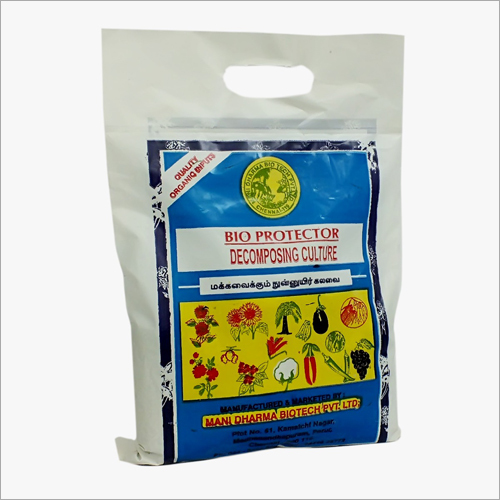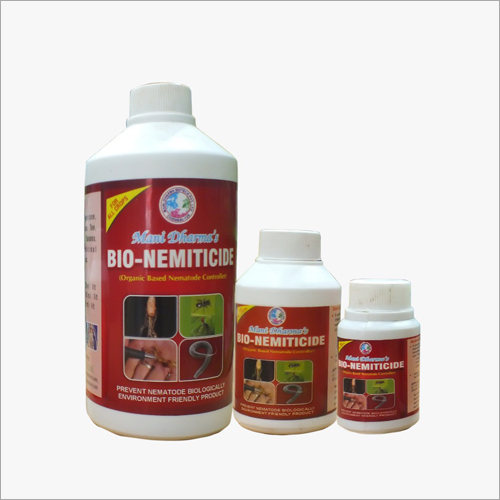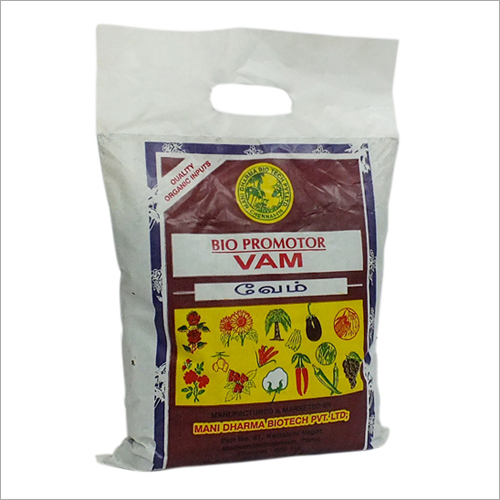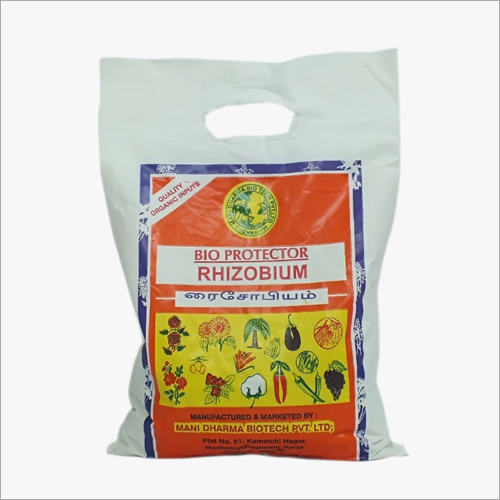Trichoderma Viride Fertilizer
Price 160 INR/ Kilograms
MOQ : 10 Packs
Trichoderma Viride Fertilizer Specification
- Physical State
- Powder
- Application
- Agriculture
- Color
- White
- Storage
- Dry Place
Trichoderma Viride Fertilizer Trade Information
- Minimum Order Quantity
- 10 Packs
- Supply Ability
- 100 Packs Per Day
- Delivery Time
- 7 Days
About Trichoderma Viride Fertilizer
Trichoderma Viride Biocontrol Agents is the potential antagonistic fungus which prevents the crops from diseases viz. Root rots, wilts, brown rot, damping off, charcoal rot and other soil borne diseases in crops.
Trichoderma is able to suppress more than 60 species of pathogens (Pythium, Botritis, Phoma, Sclerotinia, Fusarium, Ascochyta, Alternaria and others) on different plants (cucumbers, tomatoes, cabbages, peppers, various ornamentals, cereals and grain legume crops).
Suitable For:
Sugarcane, Pulses, Oilseeds, Cotton, Vegetables, Banana, Coconut, Oil palm, Chilies, Lime, Coffee & Tea, Arecanut & Rubber, Flower crops, Spices, & Contiments etc. ,
Mode of action:
- The active components of biopesticides made on the base of this fungus-antagonist are their spores, mycelium and products of metabolism
- The fungus secrets cellulase and chitinase enzymes which react with cell wall of the disease causative pathogenic fungi or bacteria and dissolve the same
- Trichoderma utilize the protoplasm as a source of food and multiply its spores. By this method the spores of the pathogenic fungi are destroyed
- In the process of development Trichoderma synthesizes a variety of antibiotics (gliotoxin, viridine, trichodermin and others). They destroy the cell walls of phytopathogenic fungi and produce biologically active substances, which stimulate plant growth and development
Advantage:
- These strains induce plants to "turn on" their native defense mechanisms offers the likelihood that these strains also will control pathogens other than fungi
- Trichoderma possess innate resistance to most agricultural chemicals, including fungicides, although individual strains differ in their resistance
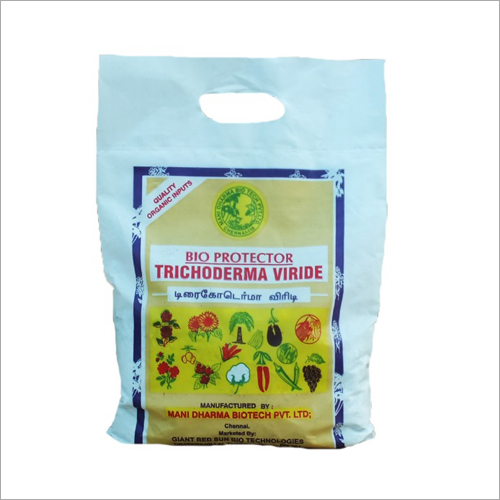
Tell us about your requirement

Price:
Quantity
Select Unit
- 50
- 100
- 200
- 250
- 500
- 1000+
Additional detail
Mobile number
Email
More Products in Agriculture Bio Product Category
Decomposing Culture Fertilizer
Price 160 INR / Pack
Minimum Order Quantity : 10 Kilograms
Physical State : Powder
Storage : Dry Place
Color : Black
Application : Organic Fertilizer
Bio Nematicide
Price 400 INR / Liter
Minimum Order Quantity : 2 Liters
Physical State : Liquid
Storage : Dry Place
Color : Brown
VAM Bio Plant Growth Promoter
Price 50 INR / Kilograms
Minimum Order Quantity : 1 Kilograms
Physical State : Powder
Storage : Dry Place
Color : Black
Application : Agriculture
Rhizobium Culture Bio Fertilizer
Price 40 INR / Pack
Minimum Order Quantity : 25 Kilograms
Physical State : Powder
Storage : Dry Place
Color : White
Application : Agriculture
MANIDHARMA BIOTECH PVT. LTD.
GST : 33AAECM8145R1ZW
GST : 33AAECM8145R1ZW
B No. 59, Kamatchi Nagar, Madhanandhapuram,Chennai - 600125, Tamil Nadu, India
Phone :07971191880
|
 |
MANIDHARMA BIOTECH PVT. LTD.
All Rights Reserved.(Terms of Use) Developed and Managed by Infocom Network Private Limited. |

 Send Inquiry
Send Inquiry
